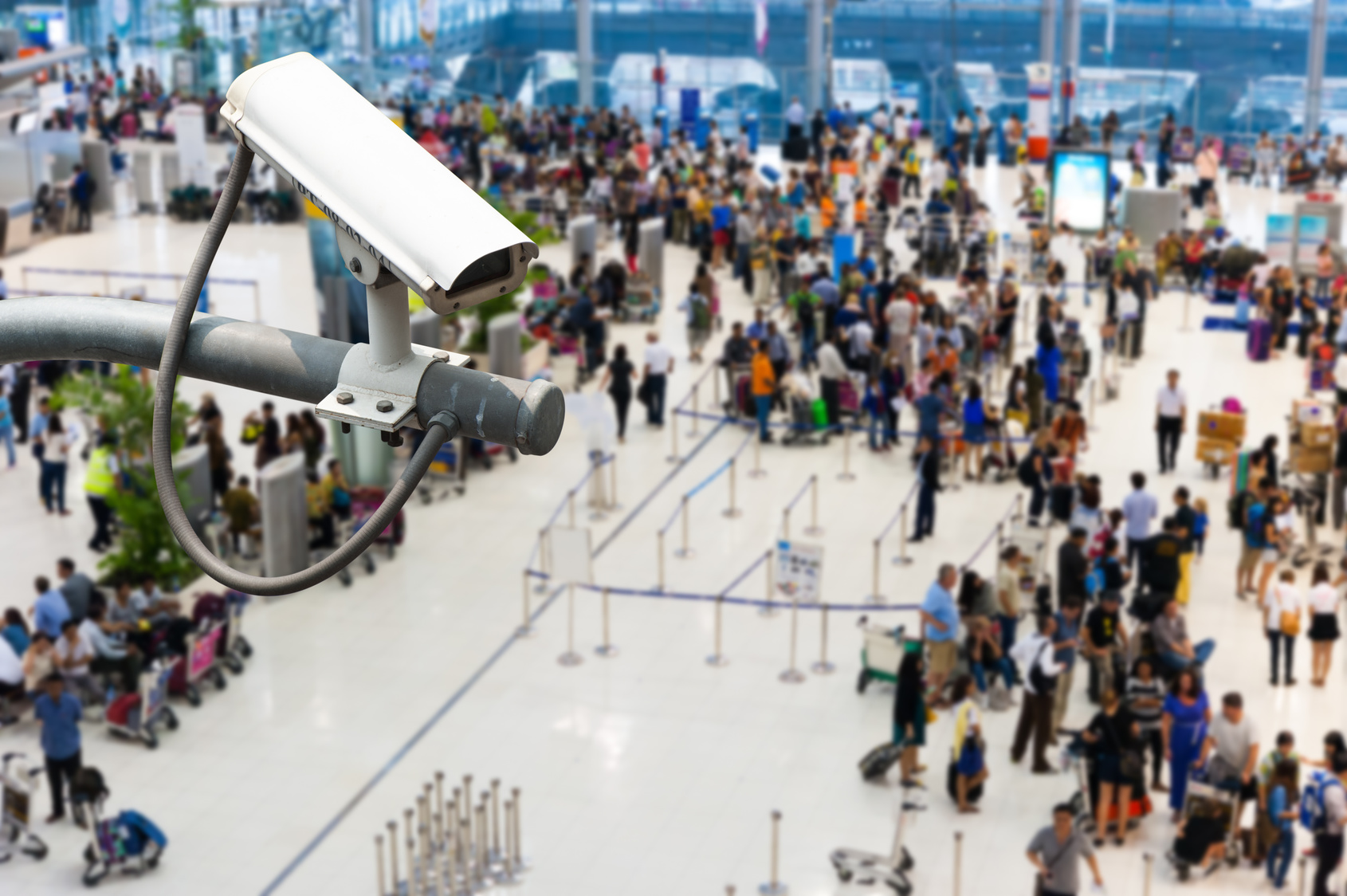Strategically Addressing the Airport Security Lines
TSA is on the front lines of a battle and must strategically deploy its officers to protect the nation.
Reports and videos of lengthy airport screening lines are rolling in. GBTA has been in discussions with our membership about this since February and warned members in this video blog in March that we expected to see tighter security in the coming months, but had concerns this could cause longer lines without the benefit of added security. Now, an Egyptian airliner has disappeared and terrorism cannot be ruled out. This once again underscores the dangers of allowing people to queue up in long lines to go through security.
It would be absurdly funny if not for the danger, that the efforts to protect us are setting up soft targets for terrorists to cause devastation like what we saw in Brussels. It’s no secret that TSA is understaffed, but they also need to do a better job of utilizing the staff they have and managing their resources. Poorly trained agents and low staffing at peak times not only leads to painfully long lines, but could also present security concerns as well as evidenced by last summer’s leaked report showing security failures at dozens of the nation’s busiest airports, where undercover investigators were able to smuggle mock explosives or banned weapons through checkpoints in 95 percent of trials.
While the new TSA Administrator Admiral Neffenger has put in place new measures in an effort to bolster security, we feel there is more that can be done to improve both the safety and efficiency of airport security.
When looking at long-term solutions, GBTA strongly believes in risk-based programs and supports ways to expand enrollment in TSA’s PreCheck program. The House and Senate have both embraced this plan, but the different vehicles for passage are being held up. GBTA has called on Congress to include this language in the FAA Reauthorization and to pass it without further delay.
However, this will not impact today’s immediate security concerns. TSA, Congress and the air travel industry must address this as an all-hands-on-deck response as we all need to share the responsibility of supporting the efforts necessary to protect one of our nation’s most valued assets: safe and secure air travel. We’ve already seen airports and airlines pitching in to help manage queues. Local TSA officials need the flexibility and forethought on managing lines hour by hour.
TSA headquarters needs to ensure the officers on the ground have the intelligence and planning abilities to address these security threats. The battles can be won and the war concluded, if the right strategies are in place.
